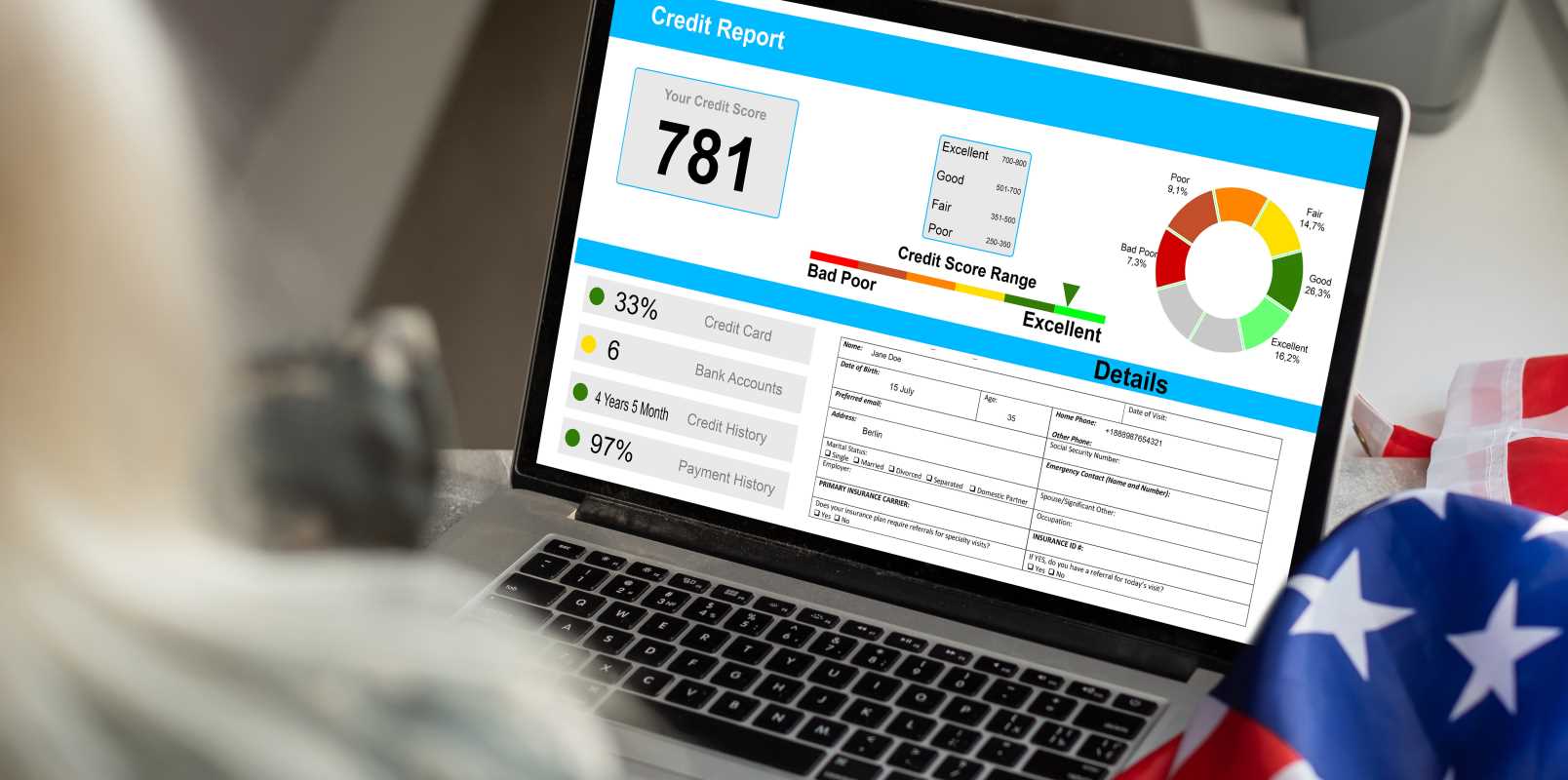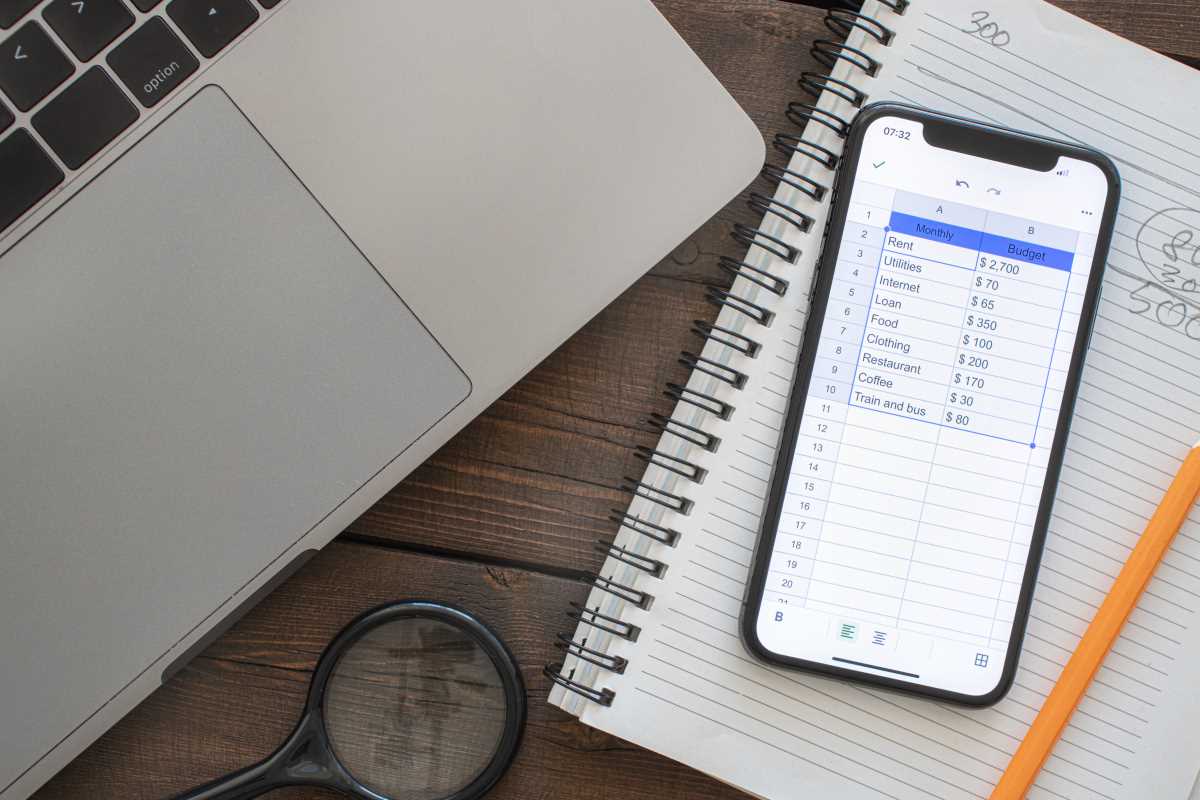Building credit is a vital step toward financial stability. A good credit score opens up opportunities like better loan terms, lower interest rates, and easier approval for things like apartments and utilities. Many people are wary of building credit for fear of taking on debt they may struggle to repay. The great news is that improving your credit doesn’t have to mean racking up serious debt. There are safe, effective strategies to boost your score quickly and responsibly. By managing your existing financial habits wisely and leveraging tools like credit-builder loans or secured cards, you can create a solid credit profile without jeopardizing your financial health. This guide will walk you through clear, actionable ways to build credit fast while avoiding risk.
Understanding How Credit Scores Work
Before we get into strategies, it’s important to understand the key factors that affect your credit score. Credit scores, such as those calculated by FICO, evaluate your credit behavior based on five components:
- Payment History (35%) – This is the most crucial factor and reflects how reliably you pay your bills. Missed or late payments can significantly impact your score.
- Credit Utilization (30%) – This measures how much credit you use relative to your credit limit. Keeping this ratio below 30% (or even lower, around 10%, if possible) is ideal.
- Credit History Length (15%) – The longer your credit accounts have been active, the better. It shows that you have experience managing credit.
- Credit Mix (10%) – Lenders like to see you responsibly handle a variety of credit types, such as credit cards, car loans, or mortgages.
- New Credit (10%) – Opening too many accounts in a short period can lower your score, as it signals risk to lenders.
By focusing on improving these areas methodically, you can boost your credit score rapidly and safely.
Actionable Strategies to Build Credit Without Risking Debt
1. Use a Secured Credit Card Correctly
A secured credit card is one of the most accessible tools for those new to credit or rebuilding their score. These cards require a refundable cash deposit, which acts as your credit limit. For instance, if you give a $300 deposit, your limit is $300.
Here’s the key to using this tool effectively:
- Make small, manageable purchases each month, such as groceries or gas.
- Pay off the entire balance on your card before the due date to avoid interest charges.
- Keep your spending well below the credit limit to improve your credit utilization ratio.
Secured cards report your positive payment activity to major credit bureaus, helping you steadily build trust with lenders. Be aware of cards with high fees or interest rates, which could eat into your budget.
2. Consider a Credit-Builder Loan
A credit-builder loan is another excellent way to establish credit, particularly for those with no credit history. Here’s how it works:
- You take out a loan, but instead of receiving the money upfront, the lender holds it in a secure account.
- You make monthly payments, which are reported to the credit bureaus.
- Once the loan is fully paid off, you receive the saved funds, minus any fees or interest.
While credit-builder loans can improve your payment history and diversify your credit mix, it’s critical to understand their drawbacks. For instance:
- You won’t have immediate access to the money.
- If you miss payments, it could hurt your credit score rather than help it.
- Some lenders charge high fees, so shop around for one with minimal costs.
3. Leverage Experian Boost for Utility and Rent Payments
Traditionally, utility and rent payments don’t factor into your credit score. Yet, tools like Experian Boost allow you to self-report these payments, potentially improving your FICO score.
This free service is particularly helpful if you already have a history of paying these bills on time. Remember, though, it only affects your Experian report, not those from other bureaus like TransUnion or Equifax.
4. Become an Authorized User
If you have a family member or close friend with a credit card in good standing, consider asking them to add you as an authorized user. You’ll benefit from their positive credit behavior, such as on-time payments and established credit history.
You don’t even need to use the card. They simply need to make you a user on the account. Ensure that the primary cardholder uses their credit responsibly, as poor habits (like maxing out the card) could negatively affect your score.
5. Keep Credit Card Balances Low
If you already have a credit card, focus on maintaining a low balance. Aim for a credit utilization ratio below 30% of your limit, and ideally closer to 10%.
For example, if your credit limit is $1,000, try not to carry a balance over $300. Paying the full balance each month, rather than just the minimum payment, helps prevent interest charges and demonstrates responsible behavior.
6. Review Your Credit Report for Errors
Mistakes can appear on your credit report, such as accounts incorrectly marked as delinquent or outdated balances still listed as unpaid. These inaccuracies can drag your score down unfairly.
There are services to help you dispute and remove mistakes on your credit report. Everyone is entitled to one free credit report per year from the three major bureaus. Review yours carefully and dispute any errors. Correcting even a small issue can have a noticeable impact on your score.
7. Limit Hard Credit Checks
Each time you apply for new credit, the lender performs a “hard inquiry,” which can temporarily lower your score. Limit how often you apply for credit cards or loans to avoid unnecessary dips in your credit.
Instead, focus on improving your score through existing accounts or using tools like secured cards or credit-builder loans to achieve your goals.
8. Automate Payments to Avoid Late Fees
Missing payments is one of the fastest ways to harm your credit. Automating your monthly payments ensures you never forget a due date. Whether it’s for your credit card, rent, or utility bill, timely payments are essential for maintaining a strong score.
9. Be Patient and Track Progress
Building credit takes time, but you can see gradual improvements by monitoring your score regularly. Many banks and credit card companies now offer free credit score tracking, making it easier to stay informed. Celebrate the small wins because they’re proof your efforts are paying off.
Understanding the Risks of Overextending Yourself
While the strategies above are low-risk, there’s always the temptation to speed up progress by overextending credit. This can lead to issues like:
- Carrying high credit card balances increases your utilization rate and costs you in interest.
- Taking on new credit accounts too quickly can lower your average account age.
- Missing payments due to overcommitment, which can significantly damage your score.
Stick to a steady, responsible plan, and avoid taking shortcuts that could backfire in the long term.
Stay patient. The benefits of good credit, from better loan terms to lower interest rates, are well worth the effort. Most importantly, building credit responsibly today will set you up for future financial success.
 (Image via
(Image via





